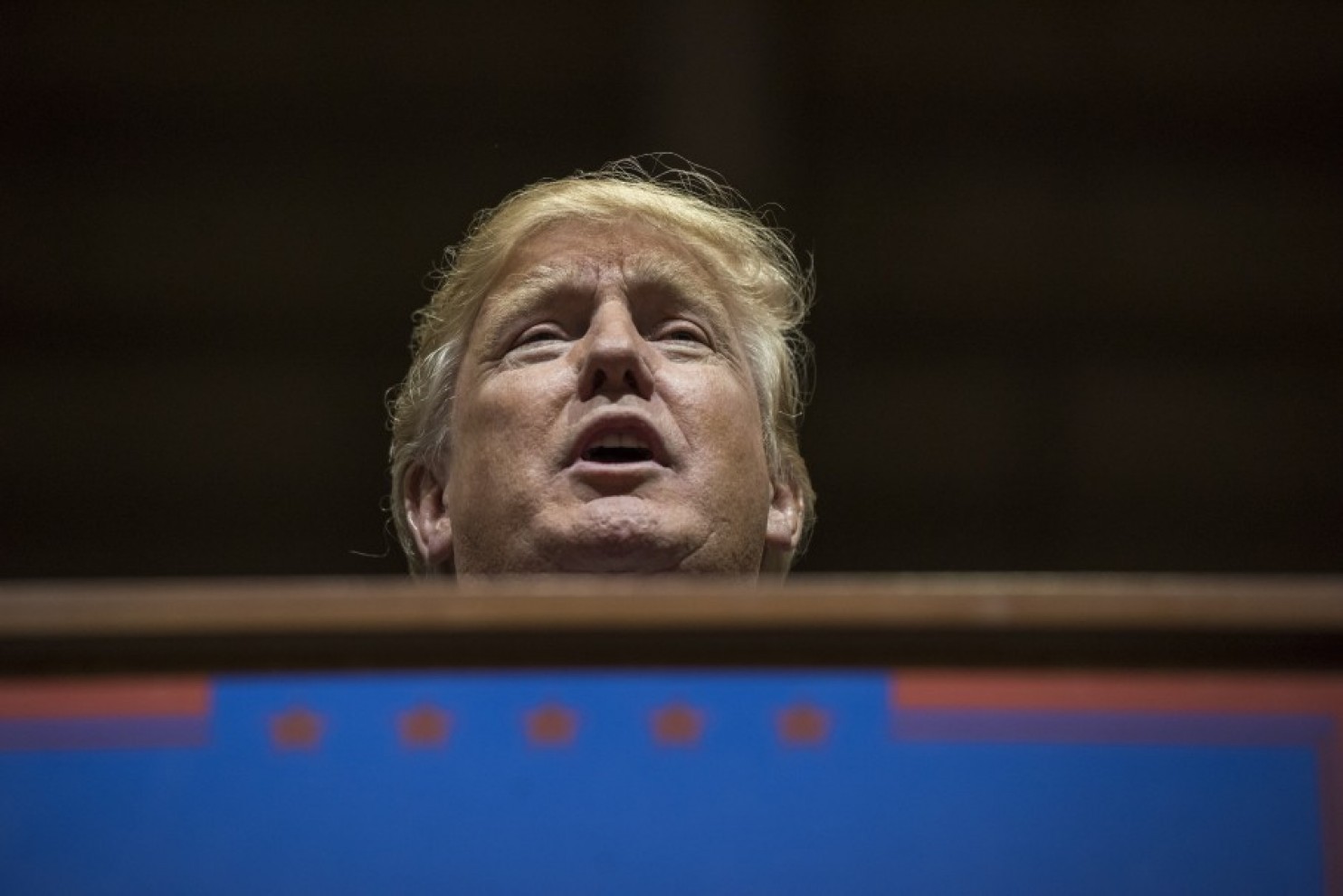
On "Morning Joe" Tuesday morning, host Mika Brzezinski threw out an interesting theory: Donald Trump and Marco Rubio are playing nice with one another — and savaging Ted Cruz — because a backroom deal has been cut between the two to form a ticket with Trump as the presidential nominee and the Florida senator as the second in command.
I don't think that deal has been cut. But Brzezinski's speculation did get me to thinking about whom Trump might pick as his vice president. (For those of you who think such speculation is premature, I say it sort of is and read this.)
Before I go any further, let me throw out a caveat or two. First, vice presidential picks are very, very difficult to handicap. It is an intensely personal decision that is extremely tightly held. It's one of the last big secrets in the modern era of politics. Second, the way you (or, more accurately, I) think about who a presidential nominee might pick as a vice president tends to depend on the oldest and crustiest of conventional wisdom. You pick someone from a swing state you need to win. Or you pick someone whose experience or skill set complements your own. And so on and so forth. Of course, Trump has broken every bit of conventional wisdom so far in this race. So the idea that he will suddenly start following the established rules of order in his vice presidential pick seems unlikely.
In fact, it's much easier to figure out who Trump won't pick than it is who he might. For example, Trump isn't going to choose Cruz as his vice presidential nominee. The Donald seems to genuinely loathe the Texas senator, as his Tuesday morning Twitter barrage reveals for, approximately, the 1,000th time.
I also don't see Jeb Bush winding up on the Trump short list. Or Ben Carson.
So who might make that cut? Below a few thoughts as well as reasons for each. (These are in no particular order.) I'd love to hear whom you think it might be.
* Nikki Haley: The South Carolina governor probably makes the most conventional sense for Trump — or any of the rest of the likely Republican nominees. For Trump, Haley would help address lots of his weaknesses. She's an Indian American woman who can help prove wrong the idea that Trump is simply the candidate of angry white men. She's in her early 40s while Trump will be 70 on election day. She endorsed Rubio in her state's primary, so picking her could put to rest the idea that Trump is vengeful and vindictive to anyone who crosses him. It almost makes too much sense....
* Rick Scott: The Florida governor is, yes, a governor and, therefore, part of the political class that Trump loathes. But Scott, like Trump, has his roots in the private sector — making millions as a health-care executive before he ran for office in 2010. And Scott got into the governor's mansion by beating the Florida Republican establishment at its own game — sort of like Trump has done in this race. Plus, don't forget that Scott was an an early advocate of Trump's message: "I think he is capturing the frustration of many Americans after seven years of President Obama’s very intentional government takeover of the U.S. economy," Scott wrote of Trump in a very favorable op-ed in USA Today in January. Under normal circumstances, the fact that Scott's company paid a $1.7 billion Medicare fraud penalty would be disqualifying. But this is Donald Trump we are talking about.
* Sarah Palin: Stay with me.... Trump loves nothing more than sticking it to the GOP political class and the media punditry. And which candidate in recent years is more disliked by those two groups than the former governor of Alaska? Answer: no one. Palin's populism is not all that dissimilar to what Trump is pitching in this election. Picking Palin is, um, not without risk. But Trump loves risks.
* Carly Fiorina: Fiorina disappeared without a trace after several strong debate performances last year. But, on paper, she holds some appeal to Trump. A successful businesswoman who might be able to blunt his losses among women in a general election race against Hillary Clinton. Fiorina's stewardship of HP might become an issue, but Trump, a man who somehow in this race has been able to slough off four bankruptcies, wouldn't likely be dissuaded by that baggage.
* Businessman to be named later: Carl Icahn? Jack Welch? Some other classy deal-maker whom Trump has come into contact with during his years in business? Picking someone who has never been involved in politics before would bolster Trump's basic message that politicians don't know what the hell they are doing. It also might be slightly risky since, well, someone who has never run for or been in office before wouldn't have much of a clue about how the whole system works in the event Trump actually got elected president.


